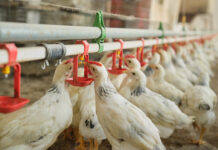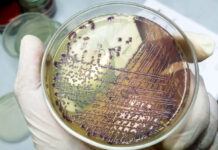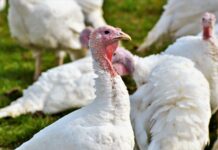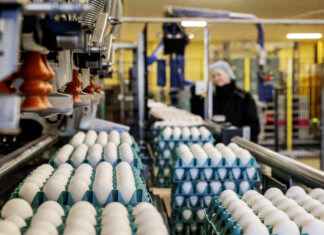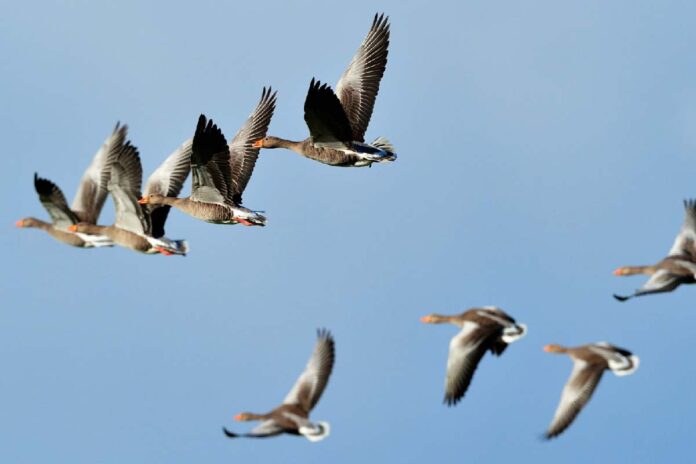
Wageningen Bioveterinary Research (WBVR) has confirmed yet another introduction of Avian Influenza in Dutch poultry. It concerns highly pathogenic H5N8 Avian Influenza at a bird pasture with poultry and water fowl in Vleuten.
To prevent the virus from spreading, the 56 infected animals in the pasture were culled by the Dutch Food and Consumer Product Safety Authority (NVWA). In the 10 kilometer zone around the pasture, there are no other poultry farms.
Transport ban
In the 10 kilometer zone a transport ban applies. This ban covers poultry, eggs, poultry manure and used bedding, as well as other animals and certain products from commercial poultry companies.
Measures
All current national measures, such as the obligation to house commercially kept poultry, will remain in full force. As of this week, for keepers of laying hens, breeding animals and broilers a stricter reporting obligation is in place. They must report the loss of animals to the NVWA sooner. This allows Avian Influenza infections to come to light earlier and reduces the risk of spreading.
In addition, zoos, petting zoos and hobby bird owners are required to shield their poultry and waterfowl so that these animals do not come into contact with wild waterfowl and their droppings. This can be done, for example, by keeping the animals in an aviary or by placing them in a run. Furthermore, a ban has been imposed on the display of ornamental poultry and water birds.
Wild birds
In particular in the north of the Netherlands, sick or dead wild birds are currently still found that test positive for Avian Influenza. These birds are sent and examined. The advice is not to pick up dead birds yourself, but to report this to the Dutch Wildlife Health Center or the NVWA. Every week the NVWA places an update on the website where dead wild birds are found that are infected with the virus.
Source: Wur


